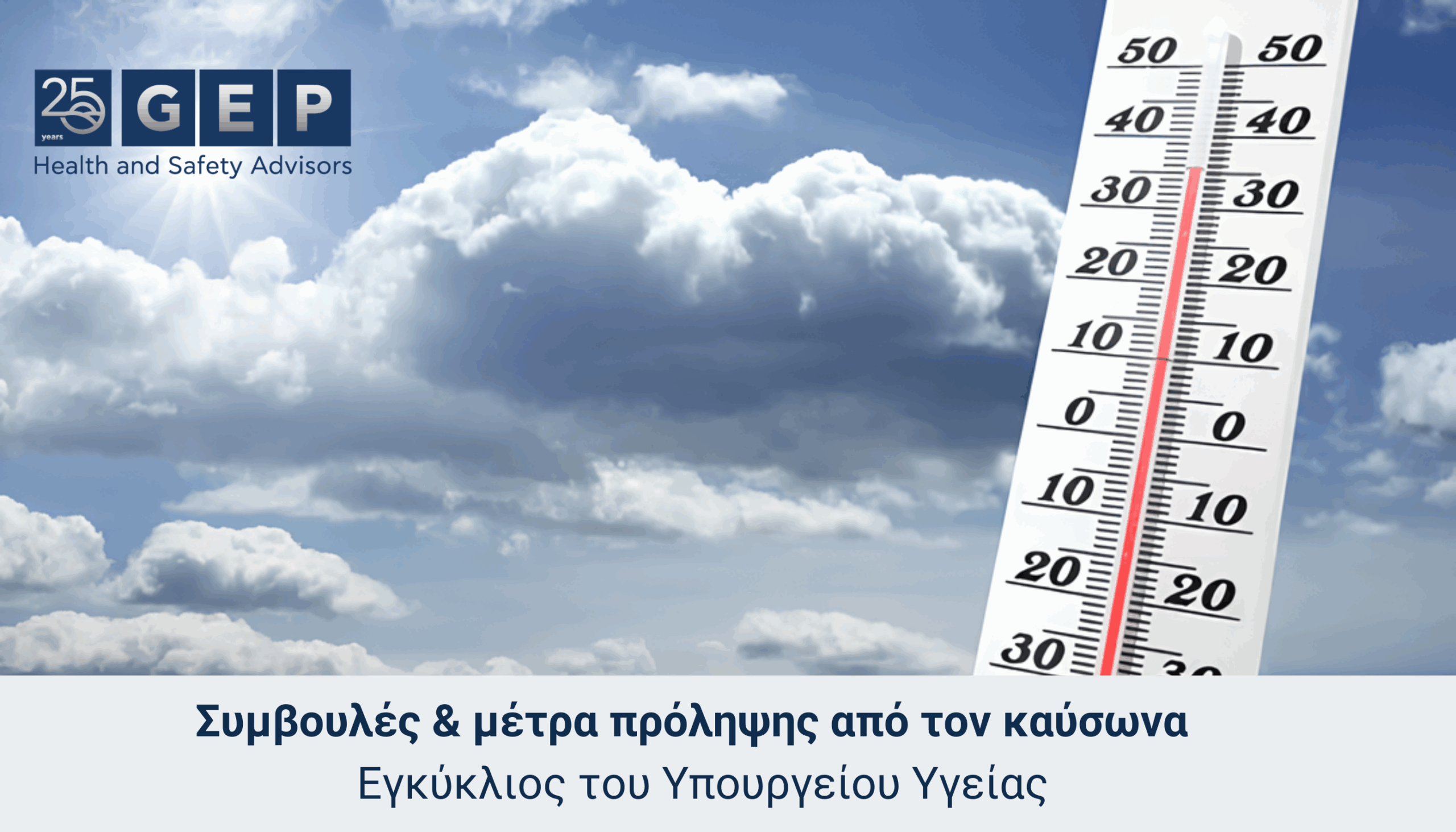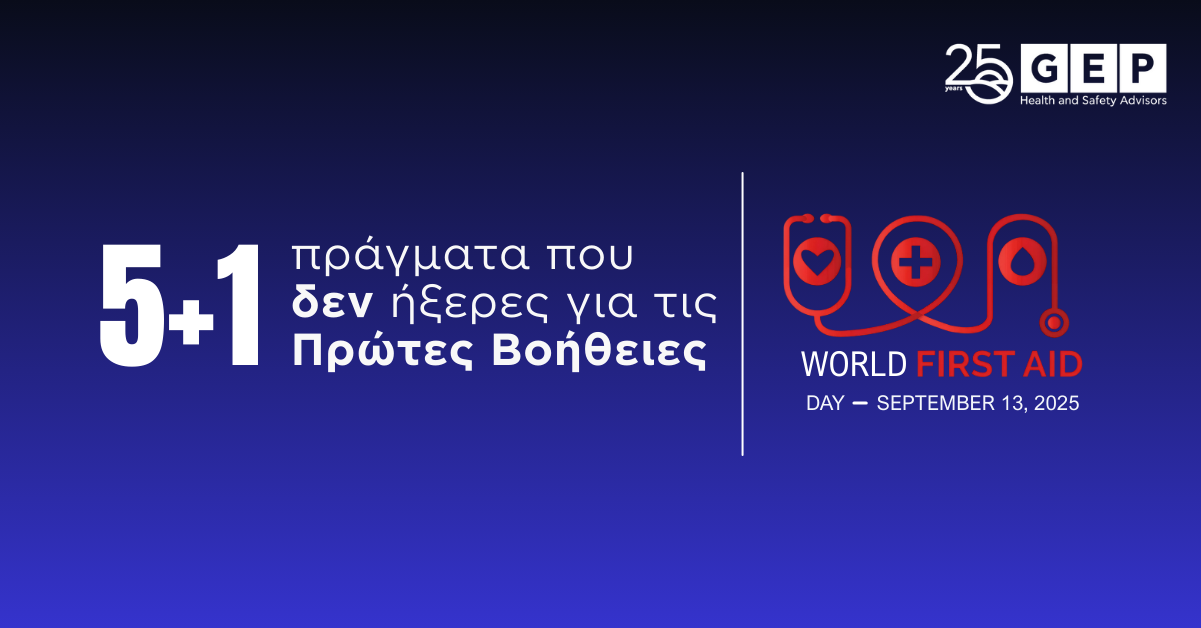On June 18, 2025, the Ministry of Health issued a circular titled “Prevention of the Effects of High Temperatures and Heatwaves,” providing recommendations for the protection of public health and general precautionary guidelines.
According to the circular
According to the World Health Organization (WHO), climate change is expected to adversely affect the frequency and intensity of extreme weather events, including heatwaves. A heatwave can be defined as a period of unusually high temperatures combined with very low or very high relative humidity (depending on the region), without a clearly defined start or end point, lasting at least 2–3 days and significantly impacting human activity and ecosystems.
In the human body, the primary mechanism for regulating internal temperature is through the evaporation of sweat (approximately 75%), followed by breathing and direct heat emission. Conversely, the main way thermal energy is absorbed is through direct and indirect exposure to solar radiation.
When the difference between external temperature and body temperature is small, the reduced thermal gradient (the temperature difference between the body and the environment) slows down the rate of heat exchange with the surroundings. As a result, the body’s ability to effectively regulate its internal temperature is hindered, potentially leading to adverse health effects.




